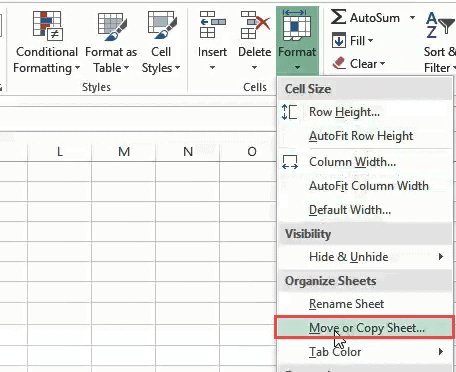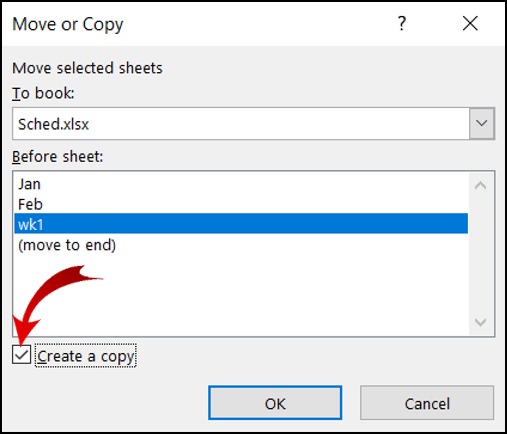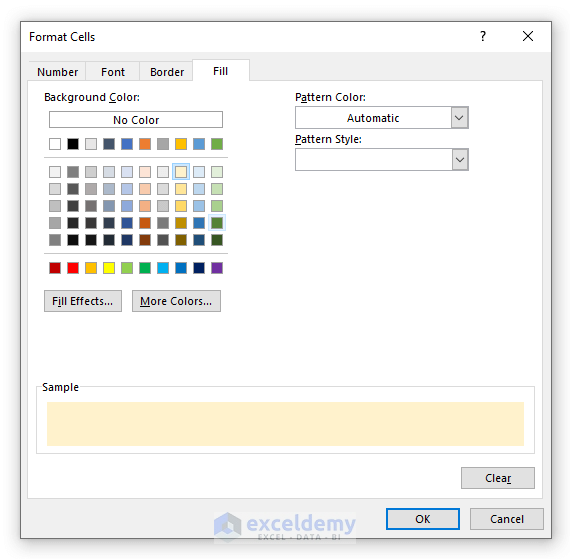Easily Detect Duplicates Across Excel Sheets

Working with large datasets in Excel often involves managing duplicate entries across multiple sheets, which can be a daunting task. Whether you're compiling data from different sources, merging databases, or cleaning up records, detecting duplicates is crucial for ensuring data integrity. This blog post will guide you through several methods to easily detect duplicates across Excel sheets, providing step-by-step instructions and best practices to streamline your workflow.
Understanding Duplicates in Excel


Before we dive into the detection methods, let’s understand what constitutes a duplicate in Excel:
- Exact Duplicates: Two or more entries with identical values in all columns.
- Partial Duplicates: Entries with some columns matching but not all.
- Conditional Duplicates: Duplicates based on specific conditions or formulas.
Why Detect Duplicates?

- Data Accuracy: Removes errors caused by redundant data.
- Database Efficiency: Reduces file size and improves performance.
- Decision Making: Ensures decisions are based on accurate information.
Method 1: Conditional Formatting


Conditional Formatting in Excel offers a visual way to detect duplicates. Here’s how to do it:
- Select the range of cells or entire sheets you want to check for duplicates.
- Go to Home > Conditional Formatting > Highlight Cells Rules > Duplicate Values.
- Choose a format to highlight the duplicates. Click OK.
🔍 Note: This method visually identifies duplicates but does not remove or list them separately.
Method 2: Using Formulas


To find and list duplicates using formulas, follow these steps:
- In an empty column next to your data, enter the formula:
=IF(COUNTIF(A:A,A2)>1,“Duplicate”,“Unique”)
- Drag this formula down to cover all rows with data.
Here, A:A refers to the column you’re checking for duplicates, and A2 is the cell you start from. This will mark rows as “Duplicate” or “Unique.”
✏️ Note: This formula considers only exact matches within a column.
Method 3: Advanced Filtering


If you need to filter out duplicates across multiple sheets:
- Select all data you want to check.
- Go to Data > Advanced.
- Choose Copy to another location.
- Select a cell where you want to place the filtered results.
- In List range, include all data ranges from different sheets you want to filter.
- Check Unique records only to remove duplicates.
Method 4: VBA Macros


For those comfortable with programming, VBA offers an efficient solution:
Sub FindDuplicates() Dim ws As Worksheet Dim rng As Range Dim cell As Range Dim dupeCollection As New Collection Dim dupe As Variant Dim i As Long' Specify the range across sheets Set rng = Union(Sheets("Sheet1").Range("A1:B10"), Sheets("Sheet2").Range("A1:B10")) ' Loop through each cell in the range For Each cell In rng On Error Resume Next dupeCollection.Add cell.Value, CStr(cell.Value) If Err.Number <> 0 Then i = i + 1 Sheets("Sheet3").Cells(i, 1).Value = cell.Value End If Err.Clear Next cell
End Sub
👨💻 Note: Ensure you replace “Sheet1”, “Sheet2”, and “Sheet3” with your actual sheet names.
Comparing Methods

| Method | Pros | Cons |
|---|---|---|
| Conditional Formatting | Easy to apply, visual | Does not list or remove duplicates |
| Formulas | Can be used across sheets, marks duplicates in a column | Needs manual setup for each column |
| Advanced Filter | Removes duplicates effectively | Requires data preparation |
| VBA Macros | Automation, flexibility | Requires programming knowledge |

In this comprehensive guide, we've explored multiple methods to detect duplicates across Excel sheets, each offering unique advantages. Conditional Formatting provides an instant visual cue, while formulas give a structured approach to identify duplicates. Advanced Filtering and VBA Macros, on the other hand, offer solutions for more complex data handling, from simple filtering to custom automation.
Can I use these methods to find duplicates across different columns?

+
Yes, methods like Advanced Filtering and VBA Macros can be adjusted to compare values across different columns or sheets.
How can I remove duplicates instead of just highlighting them?

+
Use Advanced Filter with the “Unique records only” option or employ VBA to filter out duplicates programmatically.
Is there a limit to the number of duplicates Excel can handle?

+
Excel has no inherent limit to the number of duplicates it can process, but performance might degrade with very large datasets.
What if I need to find duplicates based on multiple criteria?

+
Using formulas or VBA, you can define conditions based on multiple columns to identify duplicates that meet all specified criteria.
Can I automate this process for multiple Excel files?

+
Yes, with VBA, you can write a script that opens multiple Excel files, performs the duplicate check, and outputs results into one file.



